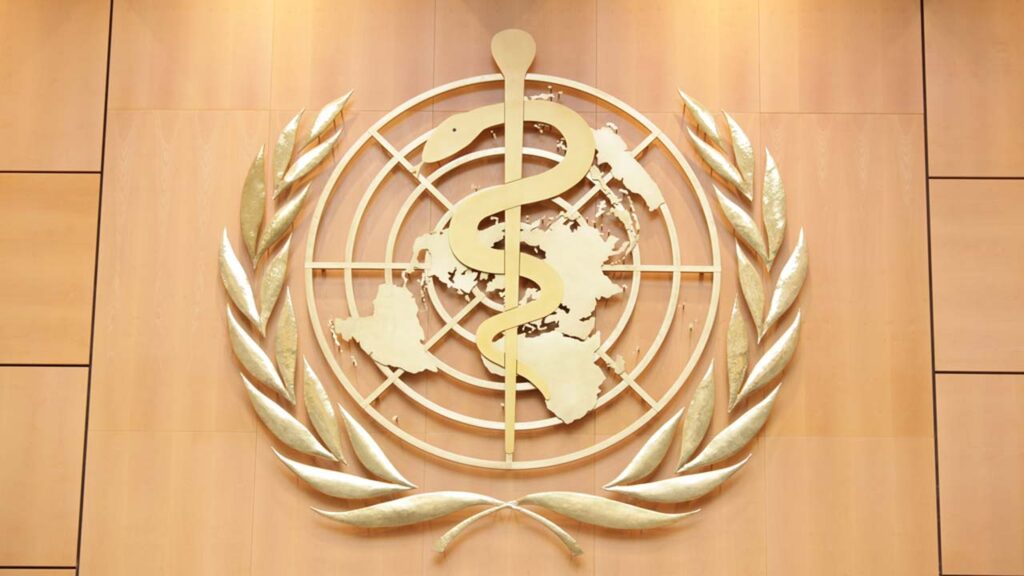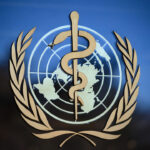
World Health Organisation (WHO) has partnered with the governments of Borno, Adamawa and Yobe (BAY) states, on proactive steps towards equipping local healthcare workers with skills needed to support vulnerable populations grappling with mental health challenges due to prolonged humanitarian crises in the region.
The organisation noted that the displacement of communities, coupled with the trauma of conflict and violence, has led to a heightened demand for mental health support. With funding from the European Commission’s Humanitarian Aid (ECHO), WHO launched initiatives to build the capacity of local healthcare workers to provide comprehensive mental health care.
Through a targeted training programme, 240 primary healthcare clinicians, including medical doctors, nurses, midwives and Community Health Extension Workers (CHEWs) were empowered to provide basic mental healthcare across 142 Primary Healthcare Centres (PHCs) across the 65 local councils of the BAY states.
WHO’s Interim Emergency Manager for North East Nigeria, Dr Kumshida Balami, said: “This initiative is the first of its kind in the BAY states and aims to enhance the capabilities of clinicians in assessing, treating and referring to mental health disorders at an early stage. WHO will continue to work closely with the host governments to help bridge the gaps in early identification and treatment of mental health issues among individuals, who are exposed to poverty, violence, disability and inequality.
“This intervention is one of the five strategic priorities in the WHO-Nigeria Country Cooperation Strategy (CCSIV) towards Universal Health Coverage (UHC) and managing health emergencies.”
With the training, the clinicians are also capable of offering care and treatment to patients with moderate to severe depression, self-harm or suicidal tendencies, dementia, alcohol and drug use disorders.
A health worker in Karasuwa Local Council of Yobe, Fasuma Mohammed, said she benefitted from WHO’s mental health care training, enabling her to make meaningful difference in the lives of those affected by displacement and conflict in the community.
She said: “Before the training, I felt ill-equipped to address the complex mental health issues needed by the patient. But armed with this new knowledge, I have begun integrating mental health screenings, mental healthcare and psychosocial support at my health facility.”













